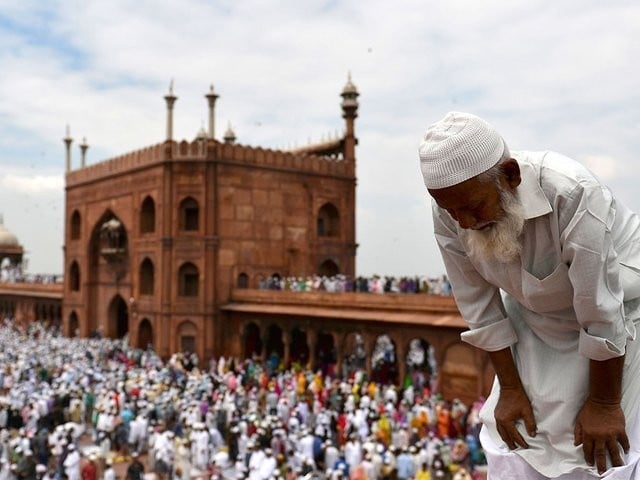The Modi government is encountering significant opposition after proposing 40 amendments to the Indian Waqf Act, raising concerns about potential seizures of Muslim properties.
The Waqf Act enables Muslims to donate land and assets for charitable purposes, governed by oversight from Muslim parliamentarians, religious scholars, and state bar councils. However, the proposed amendments would diminish the powers of Waqf boards, potentially allowing government control over these assets.
Waqf refers to the permanent dedication of movable or immovable property for purposes deemed pious, religious, or charitable under Muslim law. The 1995 Waqf Act was designed to regulate these assets, termed Auqaf, and the individual who dedicates such property is known as a wakif.
The Act assigns the general oversight of Waqf properties to State/Union Territory Waqf Boards (SWBs), as specified in Section 32, which are responsible for managing these assets. The original legislation, enacted in 1954 during Jawaharlal Nehru’s administration, established the foundation for managing Waqf properties through provisions for trustees and mutawallis (managers).
India’s Home Minister Amit Shah has announced intentions to pass the Waqf Amendment Bill 2024 in Parliament, but human rights organizations and opposition parties have raised alarms. Critics accuse the government of attempting to take control of mosques, madrassas, and other vital properties for Muslim communities.
Qasim Rasool Ilyas, spokesperson for the All India Muslim Personal Law Board, condemned the bill as an attack on Muslim rights and the Indian Constitution. He stated, “This bill is an attempt to seize Muslim Waqf properties,” asserting that the amendments threaten the religious and cultural heritage of Muslims in India.
Similarly, the Ameer of Jamaat-e-Islami Hind voiced concerns that the bill reflects a broader strategy by the Modi government to dominate Waqf properties. Proposed changes include allowing non-Muslims to join Waqf boards and transferring authority over Waqf assets to district collectors.
These amendments have alarmed many within India’s Muslim community, with critics warning of potential threats to the integrity of religious institutions. The government, however, asserts that the proposed Waqf Amendment Bill aims to enhance accountability and transparency in the operations of Waqf boards.



